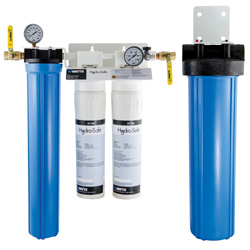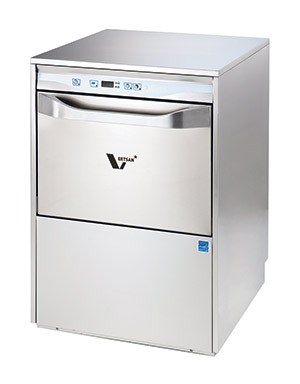Oil filtration systems are often one of the most abused pieces of equipment in a commercial kitchen. Because nobody likes to filter their grease, operators often assign the most inexperienced staff member to handle this task, which can be messy, hot and stinky. Usually, the filtering process happens after a shift when the oil is at a cooking temperature of between 330 degrees F and 375 degrees F.
Sanitation and Safety Guides
A disposer’s service life depends on what items it grinds, the foods’ composition and how long the unit is operating. These systems can last as little as 3 years up to 20 years. The average service life is about 5 years for units that are properly cleaned and maintained.
Proper oil filtration increases the longevity of the oil, produces better-tasting food and saves money in purchasing oil over the long term. Operators need to regularly maintain their oil filtration systems as they do water filtration systems for this equipment to function properly. When purchasing an oil filtration system, ease of cleaning and maintenance are two key considerations.
Because some municipalities have regulations regarding the use of disposers or prohibit their use altogether, foodservice operators should first check with local zoning or municipal boards to ensure they can use these units in their businesses. Some local requirements may impact the units an operator can specify including ordinances that dictate the use of grease traps or interceptors.
Operators should filter fryer oil at least once a day and more frequently for high-volume operations. Dirty oil not only negatively impacts the taste and texture of food, and increases the cost of fryer oil and utility bills, but it also can cause fryers to break down and may result in a grease fire.
Foodservice operators typically install disposers in dish tables and pot/pan sinks as well as in vegetable prep, salad prep and meat prep areas. This equipment helps reduce trash hauling costs by minimizing the amount of food tossed in the trash and reducing staff trips to the dumpster.


















